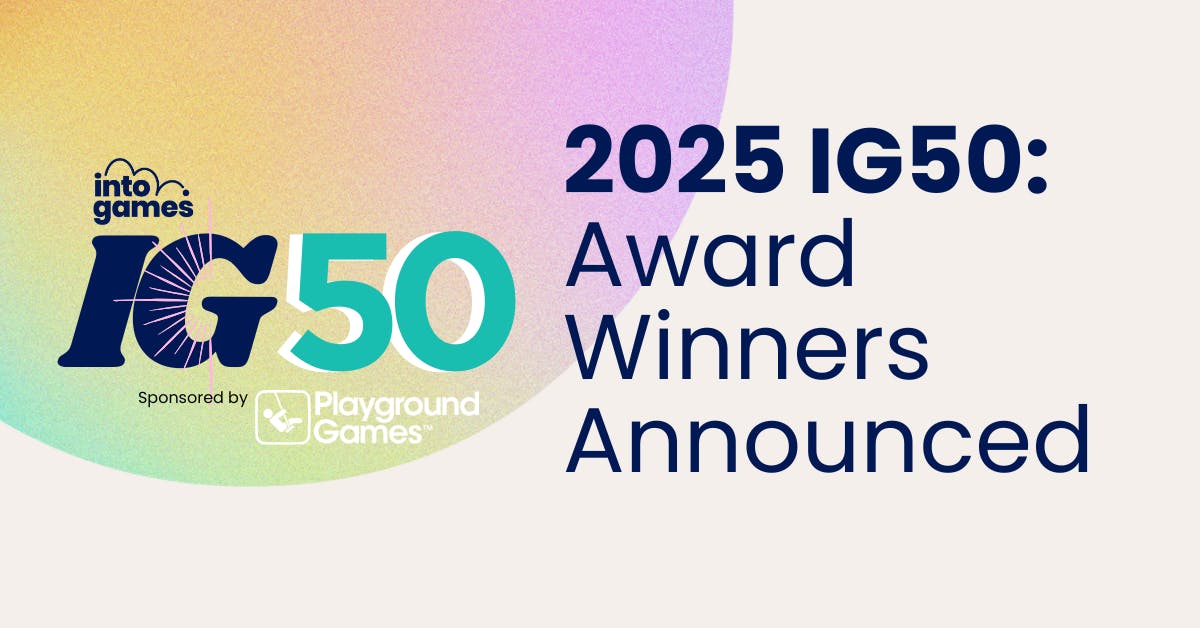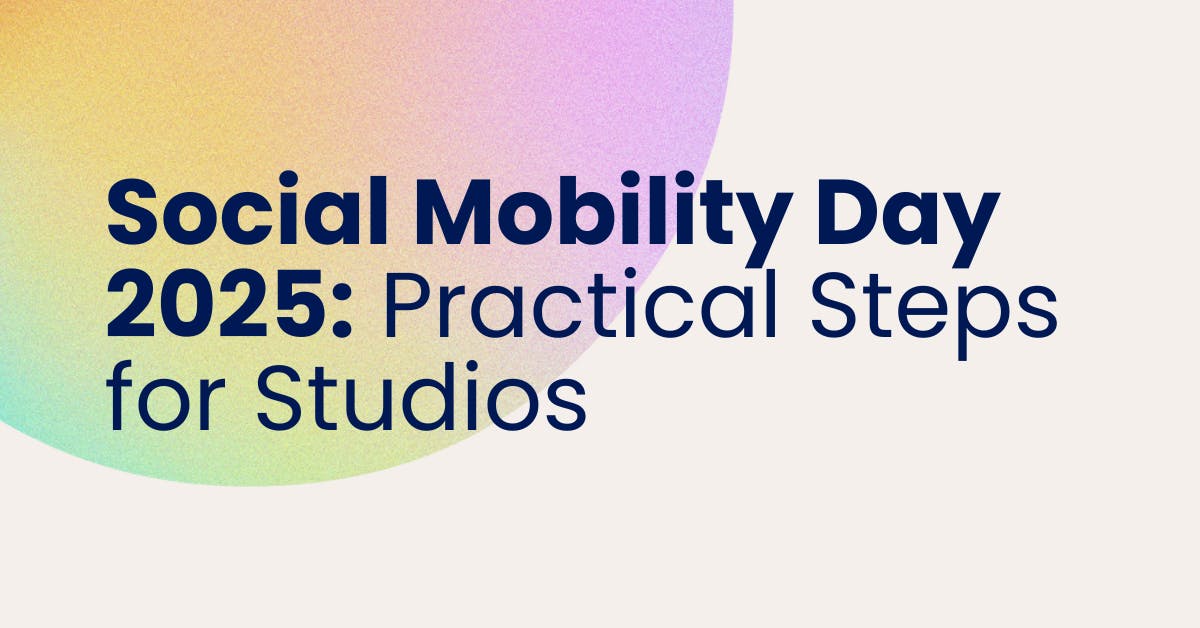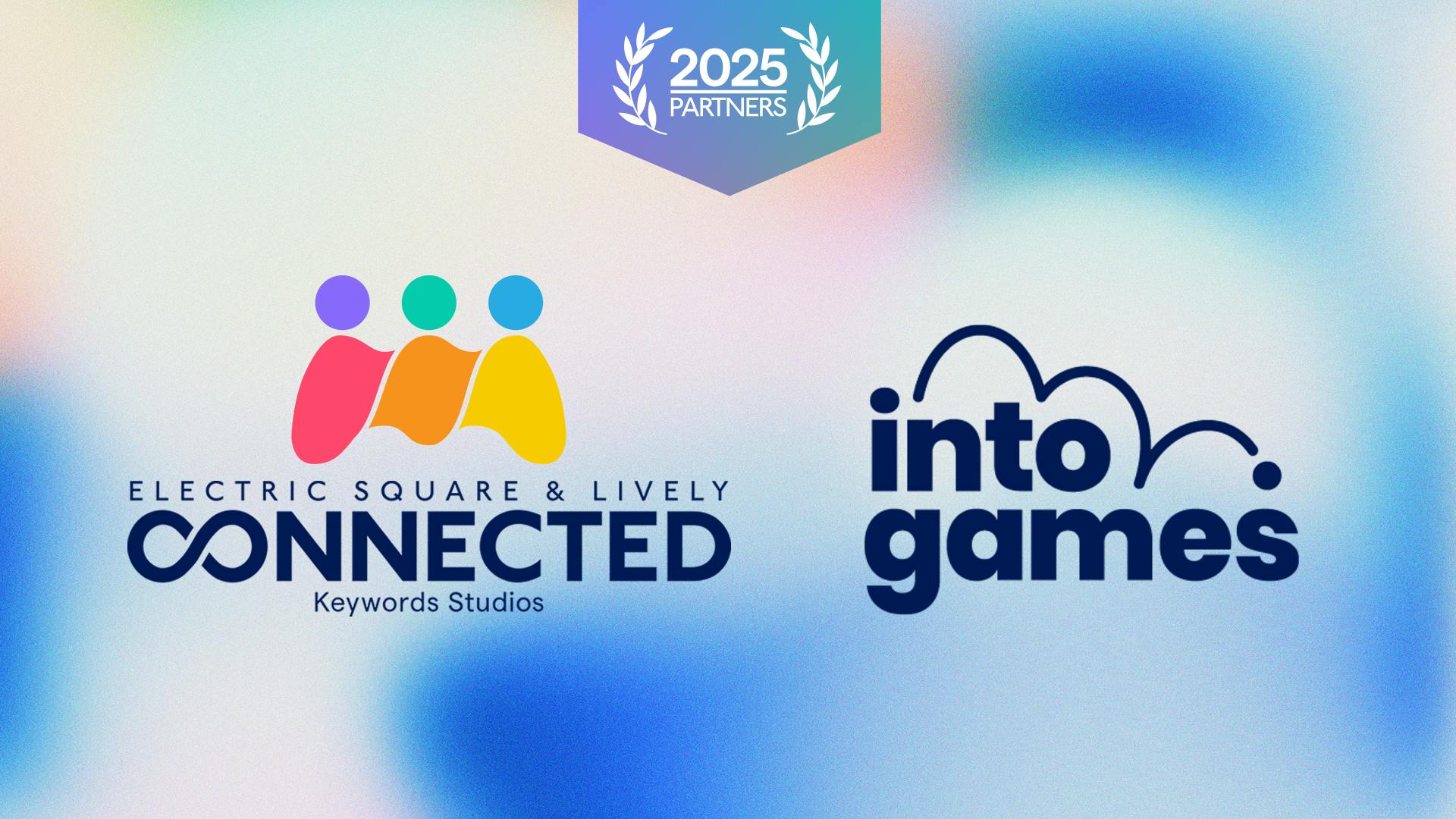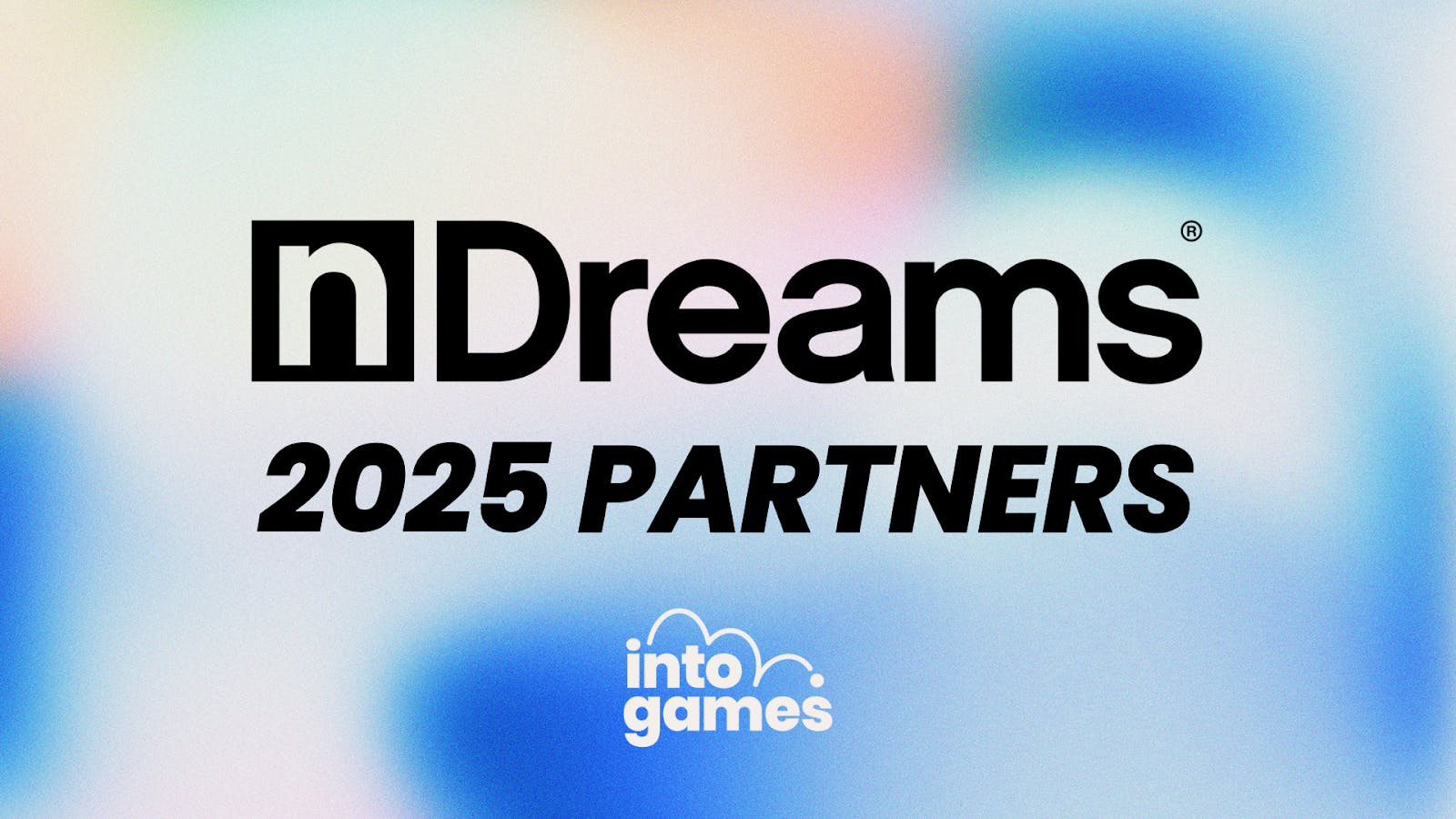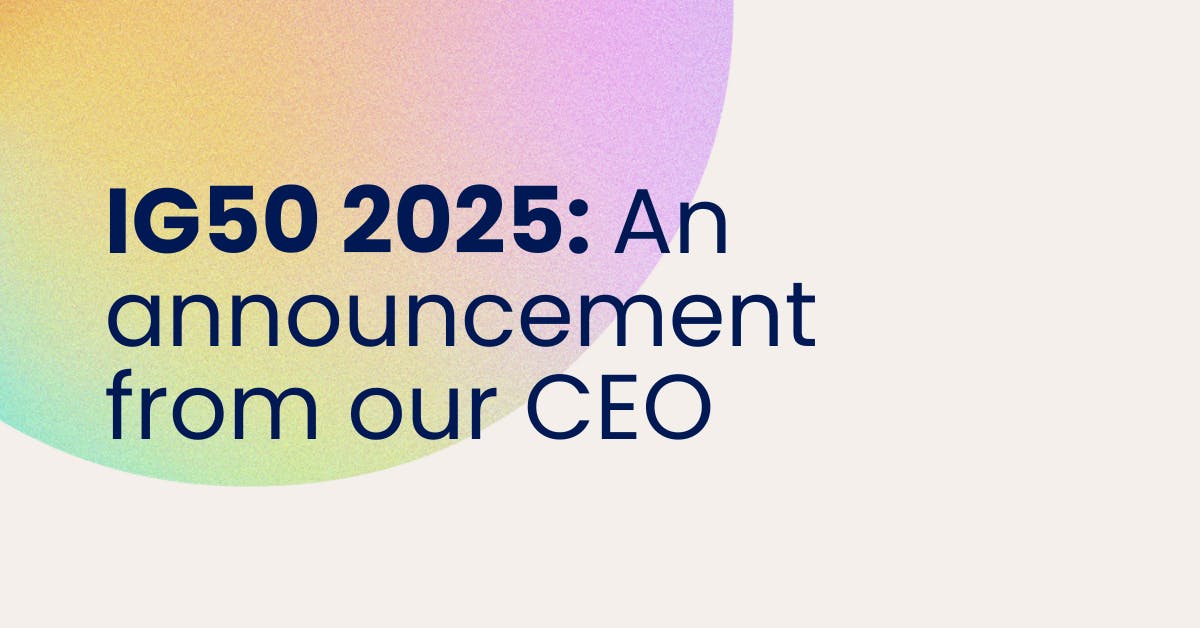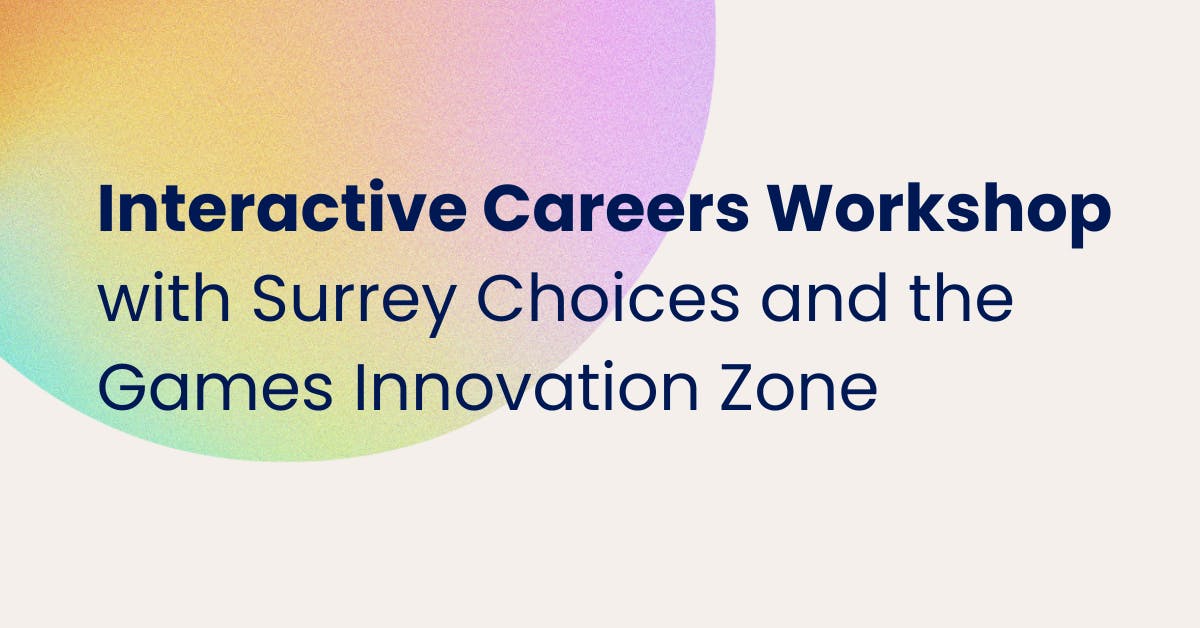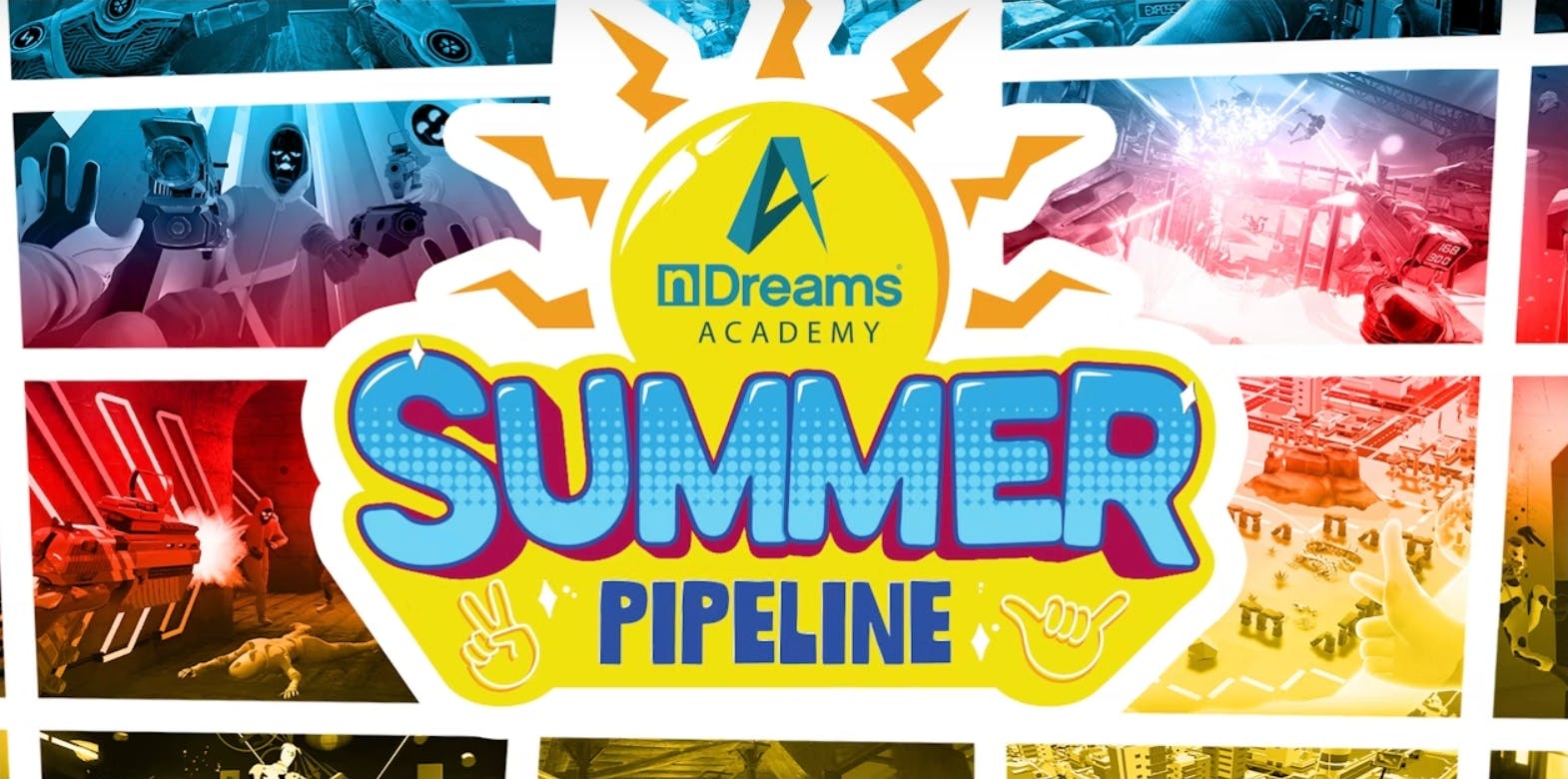
20 January 2022
How to Get Games Industry Work Experience

Are You a Student Looking for Work Experience?
The harsh truth is that, while some studios do occasionally offer work experience for 14-18-year-olds, the Games Industry, in general, doesn’t typically do this.
Why? This is because studios have limited resources and very tight deadlines that require all staff to be focused on everything that goes into creating a game, which often does not leave much space for visitors or younger work experience students.
But, don’t despair, we’re here to help! If you want to understand what it's like to work in a studio, get to grips with how a game is made and meet some industry professionals up close and personal, there are plenty of options to make that happen.
KEY STEPS WE RECOMMEND:
1. Decide What Roles Interest You
Before starting your first steps in the games industry, it’s important to identify which areas excite you, if you don’t already have an idea of what you would like to do. The games industry has a wide variety of roles, but they can be split into key discipline areas such as Art, Programming, Design, Narrative, Audio, UI, to name a few.
Check out our careers list for more information on which roles are available in the industry, and the skills you will need to do them.
After this, make sure to check out the GameDevMap to gather information on local UK studios, what they require in a candidate, so you can work towards this.
2. Seek Out Virtual Work Experience
Now that you have an idea of the career you want to pursue, it’s time to find that industry support. As mentioned earlier, work experience in the Games Industry can be rare to find, however, some studios have started offering virtual work experience, such as EA’s Self-Guided Work Experience for students interested in being Software Engineers.
Into Games also runs a bespoke Virtual Work Experience programme for schools called Studio Live, you can find more information out about it here, but to get involved you will need to ask your school to contact us directly at hello@intogames.org
Your school could also invite an industry professional to come and talk about the games sector and its career pathways directly into class by using the Videogames Ambassador network, once again, you'll need to show this to your teachers to get involved with.
If you aren’t able to find work experience relevant to your needs, you can also find information online about what the day to day life of your ideal role looks like...
Here are a few examples:
- StudioQuest - an insight from Atomhawk on what it’s like to work as a studio concept artist.
- What Does a Voiceover Artist in Games Do? - An interview with Laurence Bouvard that discusses her journey into the games industry.
- Just the Job: Star Wars: Battlefront II - Insight into the many jobs that go into making big AAA games
Additionally, check out this amazing resource put together by Joe Hobbs; a spreadsheet full of industry professionals willing to offer advice and support to those wanting to get into the industry
3. Learn Transferable Skills in Another Job
Need to do work experience for school, but can’t find any openings relating to games? Why not try a different job where you learn the same skills?
Consider the key skills that relate to your ideal job role; does it involve working in a team or being independent? Which other jobs share these skill sets, and are they more easily available to get work experience for?
Even if you do work experience that doesn’t relate to games, this doesn’t mean that your games career prospects have ended. As mentioned previously, work experience allows you to gain key transferable skills that can be used in many different workplaces - including the games sector.
One of the industry members of our Discord gave us some examples of what skills are required for a Community Management role:
“Community Management is everything to do with listening to people, making them feel valued and acknowledged and then it’s down to creativity to keep them engaged and invested.” - George Lachanas, Community Manager/League Operations.
4. Create a Portfolio Piece
A portfolio is a body of work that shows off your creativity and the projects you have worked on to employers. Portfolios can be widely different as what they display and how they are laid out is dependent on what discipline you are doing - for example, a game programmers portfolio will be very different from a concept artist’s portfolio.
Here are some quick tips on how to get started with portfolios:
- Find professionals in the industry who have your ideal role.
- Track down where they display their work and take notes on how to best show off your own work.
- Decide on a portfolio piece - choose something that genuinely interests and excites you.
- While creating, seek out advice! Get feedback and improve from this.
If you’re struggling to come up with a project to work on, Join our Discord! We host bi-weekly Design Workouts with set briefs, and winners have the chance of winning a portfolio review with an industry professional.
“It is the best place to network with Industry Professionals, show off your portfolios, and help you get the job you want in the Games Industry.” - Lisa Hodgkiss, about the Into Games Discord.
If you want more in-depth advice, check out how you can build up your portfolio here.
5. Join a Game Jam
The main aims of work experience include building up your experience in the workplace and improving your soft skills such as communication. With the flexibility of the games industry, these skills are easily obtainable through alternative routes, such as Game Jams.
“I’d recommend them to anyone looking to dip their toes into what it’s like to take on one of the many roles in the games industry on a small scale in a fun and challenging environment. It is also a great way to meet new people, make friends and make something cool together.” - Claire Langton-Goh, Side Quest Game Jam Winner.
Game Jams are events where you are challenged to create a game, either alone or with other people, within a short span of time. This can range from 48 hours to a week or longer. Game Jams also often happen online, meaning you can take part wherever you’re from.
Game Jams will help you learn:
- Teamworking and collaboration.
- Brainstorming skills.
- How to organise and distribute workloads between teammates.
- How to work under time constraints
- How to take a project from ideation to publication.
Some major jams we recommend are Global Game Jam, UKIE’s Raise the Game Jam, and Gamemaker’s Toolkit Jam.
That isn’t all; check out this amazing resource; an indie game jam calendar displaying all the ongoing and upcoming game jams happening worldwide that you can get involved in.
6. Make a Game by Yourself
If game jams sound intimidating, but you still want to do something practical to improve your skills here are some guides we recommend that are friendly to beginners:
Little Town by GameMaker Studio 2
- Learn the fundamentals of game design by making a game from scratch.
- All resources needed are provided.
- Both video and PDF instructions so you can choose which suits your learning style more.
You Are a Games Designer by Matteo Menapace
- Online workshop all about how to get into games and how you can make games.
- Teaches you how to make a game design document using simple online tools.
- Perfect for people who want to expand their thinking around games creation and unlock their potential.
- Free online in-depth guides to get you started learning how to use Unreal Engine, an Industry level software.
- Covers topics such as ‘Building Virtual Worlds’ and ‘Animating Characters and Objects’.
- Includes images and breakdowns of the names of tools used in the software, making it easy to familiarise yourself with terminology.
There are plenty of tutorials online as well, and we recommend you check out our list of game making tools to get familiarised with the different software available to help you create amazing things for games.
7. Join a Free Event
There are tons of free events happening every year focused on providing information to people wanting to improve their skills and get into games. These events allow you to network with other game makers and hobbyists, find out more about games jobs and learn tips and tricks.
Make sure to check out our Eventbrite to find out all the up to date information about our events
You can also check the gamesindustry.biz website for any upcoming in-person events, perfect for if you want to network, or just learn about the regularly occurring big game events happening each year.
Join our Discord to network, attend industry panels, get involved in the design workouts mentioned earlier, and learn all about our upcoming events first!
Finally, remember that the Games Sector is highly competitive, and sometimes you won’t land your ideal role straight away. But, the most important thing to remember while learning and improving your skills is: have fun! Creating games is all about expressing your passion, collaborating, and enjoying yourself while making new things.
“Be willing to learn. The games industry is super fast-paced and constantly changing, so you’re unlikely to have every single skill you need when you start out. But being positive, willing to try new things and learn is so much more valuable when you’re first starting out than being absolutely perfect at everything you do.” - Abbie Foster, Junior Artist at Six to Start.
Stay up to date
It's time to level up your inbox
Pick which newsletters you're interested in receiving, and customise further by specifying a discipline.
Join our mailing listTell me more
